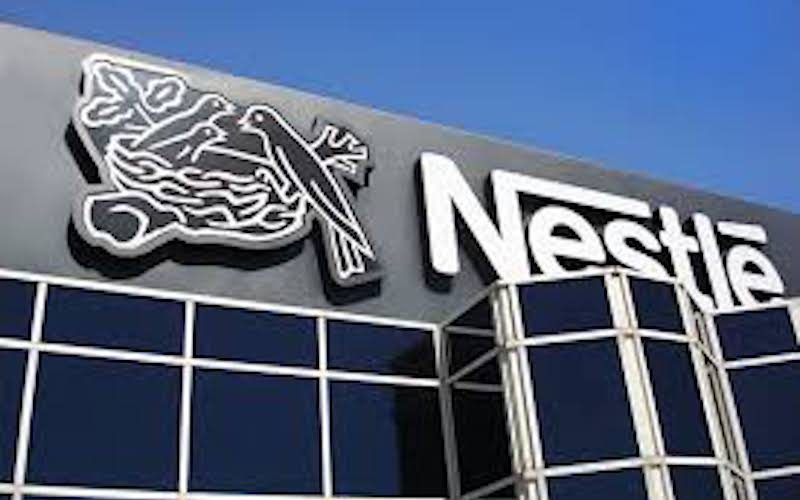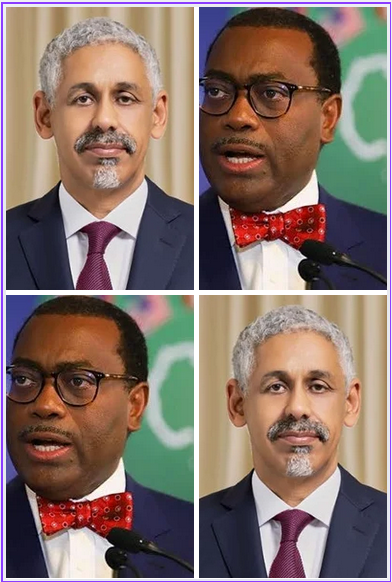By Abimbola Mohammed
Climate change and environmental degradation have become some of the most significant challenges that threaten mankind in the 21st century. The calls for global stakeholders, policymakers, institutions, businesses, the government, etc. to join forces and proactively address the challenges of climate change can not be overstressed.
In Nigeria where the struggle to advance socio-economic and environmental development is rife, climate change continues to threaten the achievement of sustainable development goals. The country’s Department of Climate Change, Federal Ministry of Environment, in its 2022 report, recorded that Nigeria is strongly predisposed to serve negative impacts of climate change due to its fragile economy, weak resilience and low adaptive capability, as long as the economy is dependent on climate sensitive ecosystems and natural resources.
In view of this, some brands and businesses have risen to the occasion to address the environmental threat by reducing their greenhouse gas emission, building environmental decarbonization and economic growth, building demonization and recycling materials and reusing, energy-efficient design technology and appliances that meet the United Nations Sustainable Development goals.
One of the businesses leading the cause of sustainable environment is Nestle Nigeria with its various innovative, future-fit and forward-thinking business approaches. The company is focused on how its brands will deliver on ESG and sustainability strategy by valorizing it through its brand communication.
For instance, Nestle Nigeria recently upgraded the packing of its ‘Breakfast King’ Golden Morn to 95% recyclable and reusable packing away from its formal aluminum foil. It also works in collaboration with street recyclers, the government, ministry of environment, and also founding members of Food and Beverages Recycling Alliance (FBRA) to create an enabling system for recycling.
Speaking in an interview, Mrs. Victoria Nwadoka, Head Corporate Affairs Manager, Nestle Nigeria, noted that the company is committed to achieving 3 pillars which are good food, community development and sustainable future. She added that, as part of its set goals to achieve a waste free and sustainable environment for future generations, some of Nestlé Nigeria’s brands have been rebranded to meet with changing climate environment challenges.
Nwadoka revealed that Nestle is committed to reducing its greenhouse emission by 2050 through different initiatives using innovative technology solutions, partnerships with government, ministries of environment, recyclers and other necessary agencies.
In her words: “At Nestle we are strong in creating shared value, and our three pillars are important, as we continue to produce good food, community and sustainable future. Our mantra remains to unlock the power of food, enhance quality of life for everyone today and generations to come. Nestle has made a strong commitment to sustainability, we are committed to ensuring that globally, all our packaging is 95% recyclable or reusable by 2025. This reflects our additional goal to reducing environmental impact of our operations, our dedication to contributing to a circular economy where nothing is wasted and everything is recycled.”
The sustainability champion noted that enhancing packaging for recyclability is part of Nestle’s circular economy commitment. Over 80% of materials, including Maggi, Milo, and Golden Morn have been optimized, using sustainable materials to minimize waste and promote environmental protection.
Speaking on why Nestle changed the packing of some of the brands, Nwadoka said: “This new packing was meticulously crafted with sustainability at work largely because we understand the urgency of addressing the passing waste crisis. We have carefully selected materials that are easily recycled and ensured that once the product has been enjoyed the packaging can be processed to re-enter the production system rather than ending up in the land field. This aligns with our broader strategy to minimize waste and protect our environment for future generations.”
By making this change, she noted, Nestlé doesn’t only minimizing its environmental impact but inspires quality change in the industry. “The progress we made with Golden Morn signifies a major step forward in achieving our 2025 commitments. We are proud to say that we are on track not just in Nigeria but globally to meet these commitments”, she added.
At the global level Nestle is one of the leading companies championing the sustainability cause, according to the United Nations (UN) recommendation. In its 2023 report, Nestle noted its unwavering dedication to growing its business, while focusing on environmental and social responsibility. Nestlé’s resilient and flexible business model empowers the global consumer goods giant to navigate market challenges, seize opportunities and achieve sustainable growth.





Comment
No comments found.